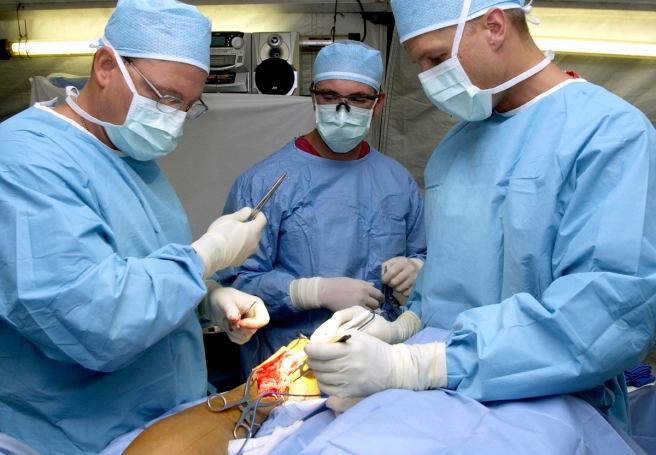Written By: Rachael Kaine
What is a Cardiology Fellowship?
Clinical cardiology is the field of medicine that is specifically focused on the heart and its functions. A cardiology fellowship is a lengthy period of time spent studying and completing rotations in different areas of cardiology so that fellows will be as well-versed and ready to proceed as possible. These rotation groups and opportunities are examples of the different career paths that can be taken after completing a cardiovascular disease fellowship Georgetown, or a program at any other accredited institution in the country. Areas of focus include heart failure, advanced imaging, congenital heart disease and transplantation of the organ.
 Cardiology Fellowship Sub-specialties Explained
Cardiology Fellowship Sub-specialties Explained
Congential heart disease: Also known as a congenital heart defect, this condition is something that people are born with. An abnormal heart structure is what the main aspect of this condition entails, and now, due to many medical advancements, infants with this condition are often able to have it corrected, giving them the chance to live whole, fulfilling lives.
Heart failure: Another specialty area that Georgetown cardiology fellowship participants will focus on what happens when the human heart fails. Clearly a serious condition to contend with, the ultimate goal for those suffering heart failure is to improve the function, getting people back to the point where their heart is no longer struggling to pump the necessary amount of blood throughout the body. This is a common condition that impacts millions of lives, and there are many things to learn about it including ways to diagnose it, the different treatment methods available, and how to best address each specific case.
Advanced imaging: In order to properly take care of the heart, being able to see it clearly enough to diagnose different conditions and decide on courses of action are absolutely necessary. Advanced imaging focuses on diagnosing and managing a variety of conditions in as little time as possible – in as clear a method as is available. Technology like X-rays, ultrasound, magnetic field testing and computer software is used to create a detailed composite of each heart, allowing for different areas to be analyzed and focused on, depending on exactly what is needed.
Though these are only some of the different sub-specialty areas that completing a cardiovascular fellowship Washington DC will familiarize you with, they are some of the most important and necessary. To learn more about the programs available, visit http://www.medstarhealth.org/education/affiliated-hospitals-2/medstar-georgetown-university-hospital/cardiovascular-disease-fellowship/. This will show you what is available, what the goals of each program are, and how you can begin your cardiovascular fellowship journey.